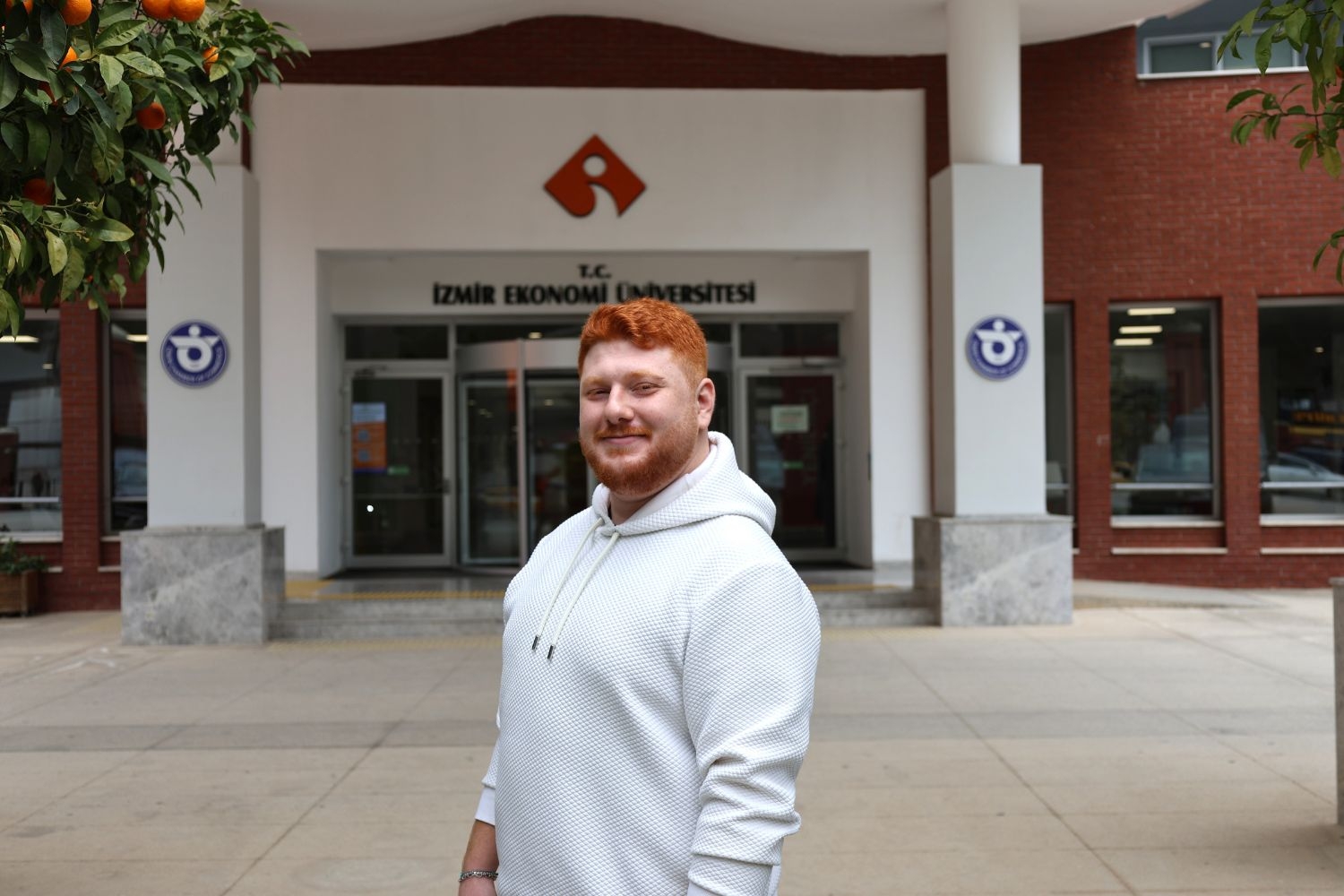
Technical Trip of The Aerospace Engineering Department to Gaziemir
The Department of Aerospace Engineering organized a field trip on Wednesday, December 3, 2025, to the National Defence University Air ...

Aerospace Engineering Paper Presentations at ATAConf’25
At this year's ATAConf'25 Conference, our Aerospace Engineering students Berk Belkıs and Ekin Mesut Denizel, under the guidance of their ...
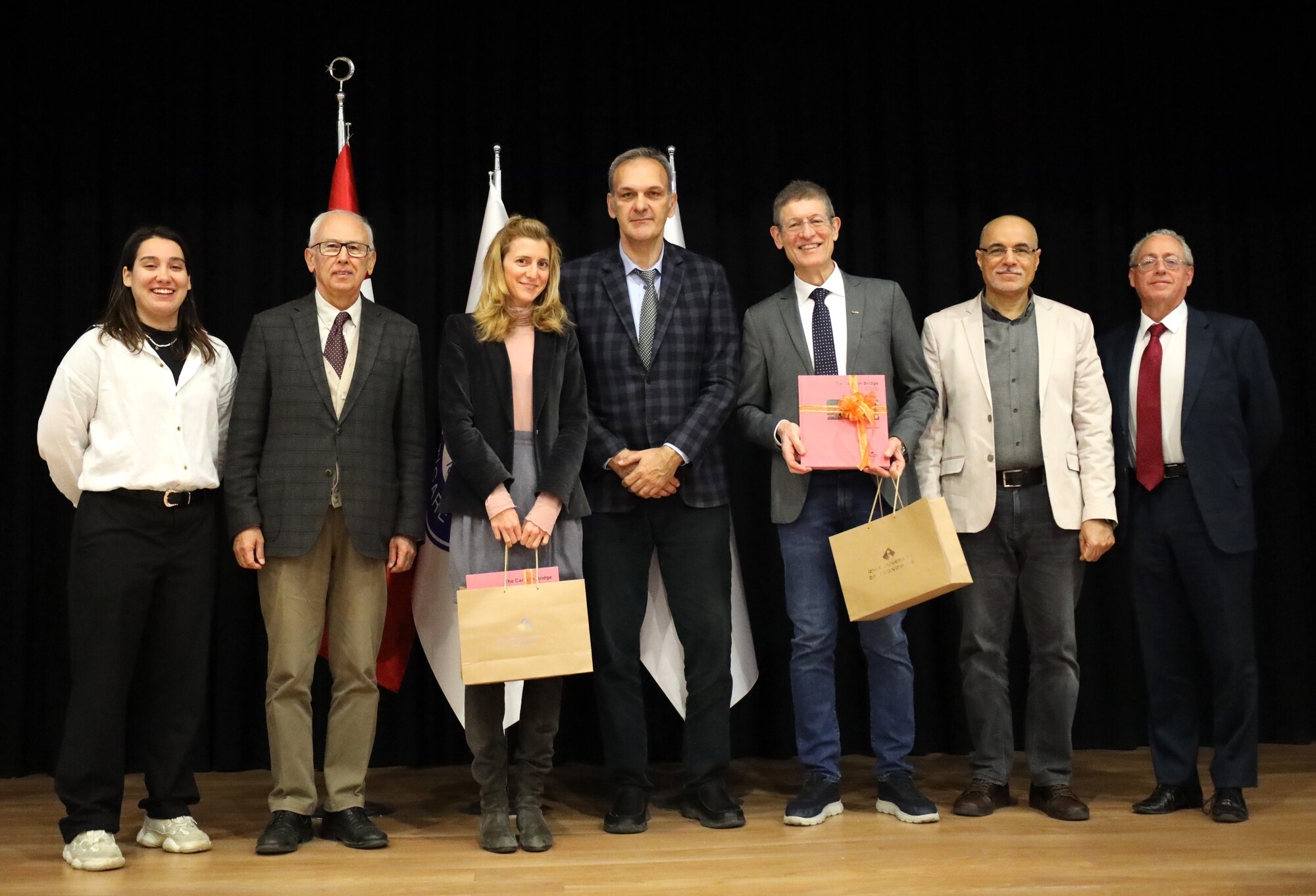
Italian National Space Day Workshop
The Italian National Space Day Workshop was successfully held on December 16, 2024, by the Aerospace Engineering Department of Izmir ...
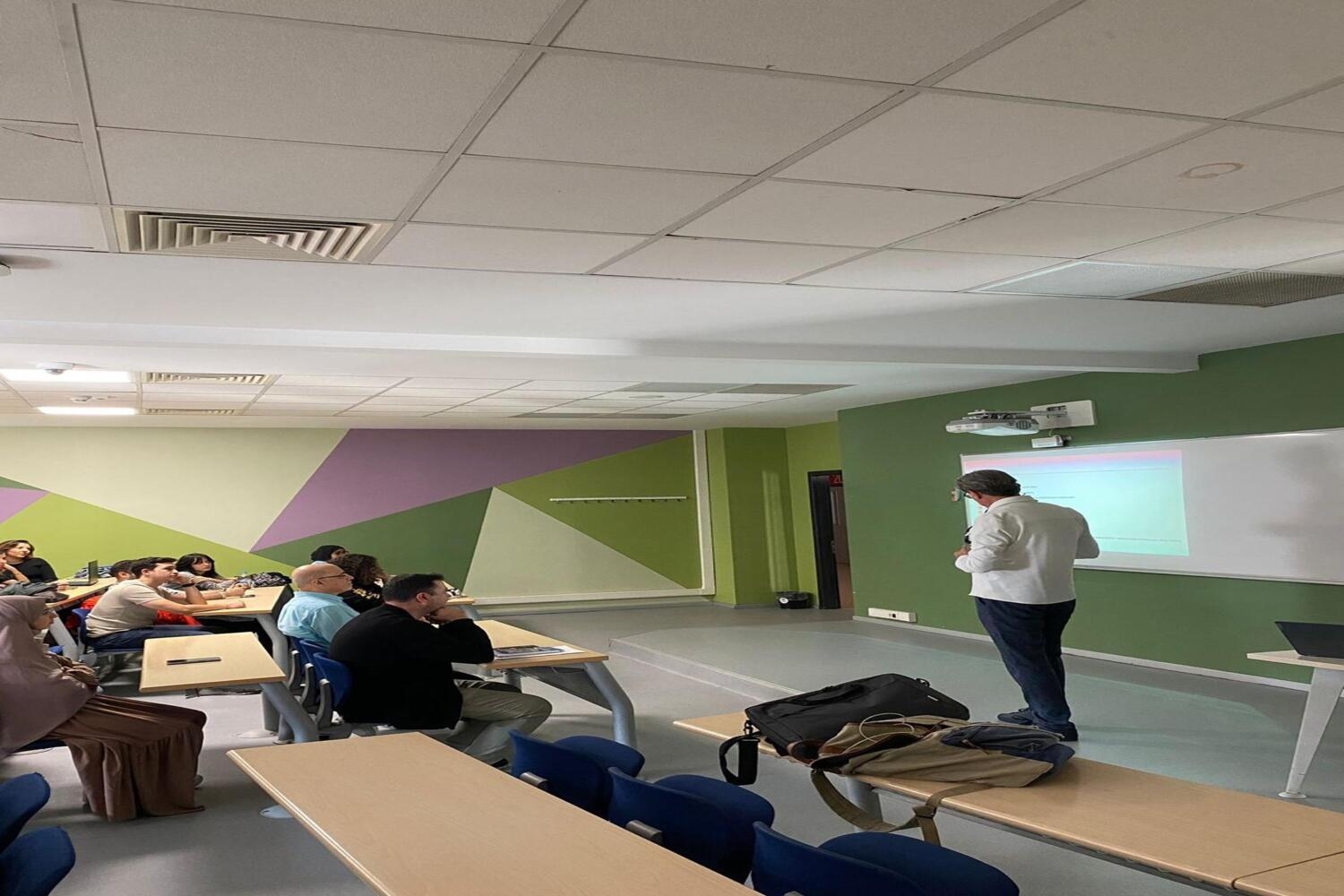
Project Management in Aerospace Seminar
Our university's Aerospace Engineering department organized a seminer called ''Project Management in Aerospace''. On Wednesday, October 30, Timur Akgül visited our ...
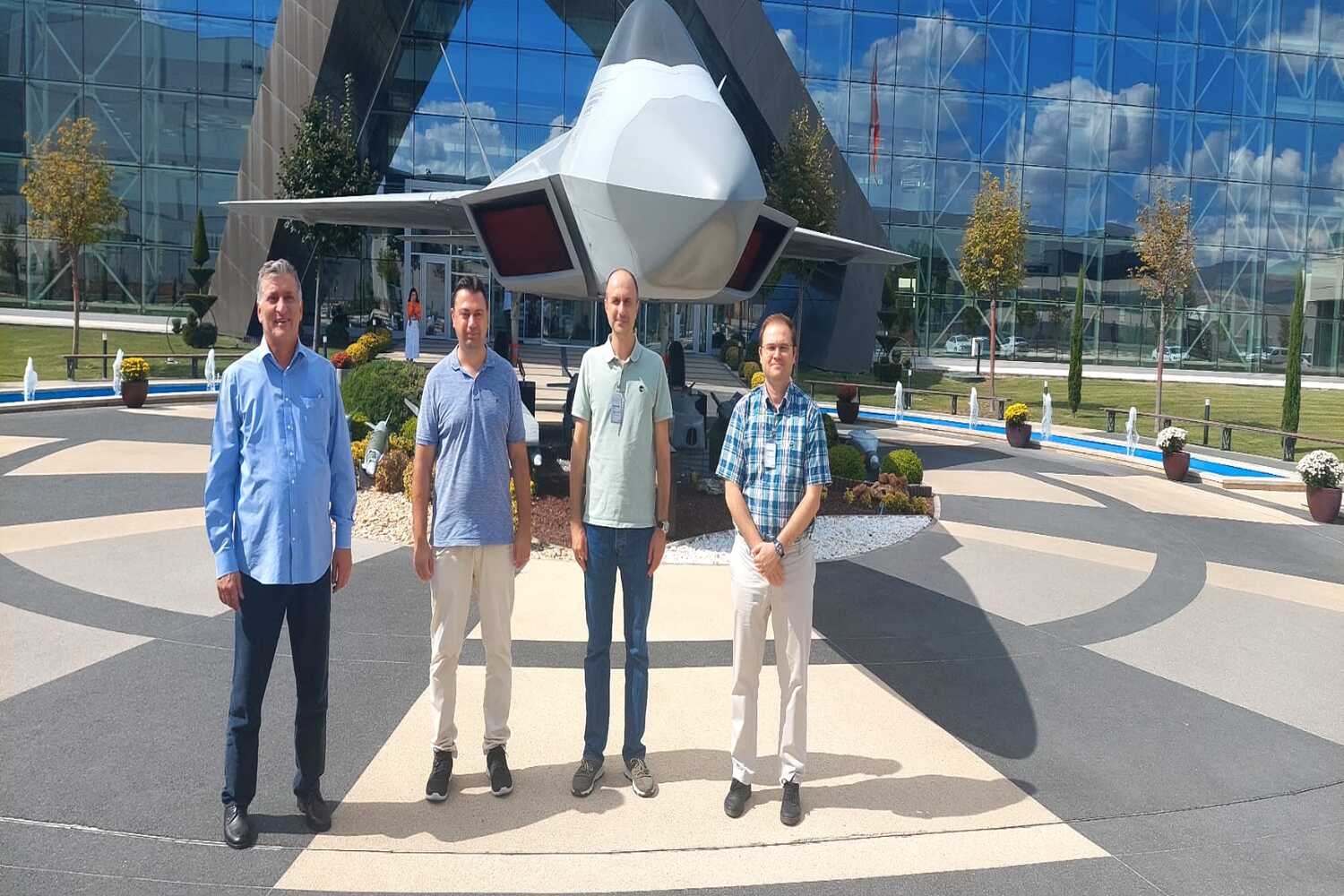
Visit of TAI
On September 20, 2024, a Technical Trip was held to TAI Aerospace Industry (TAI) by faculty members of the Aerospace ...
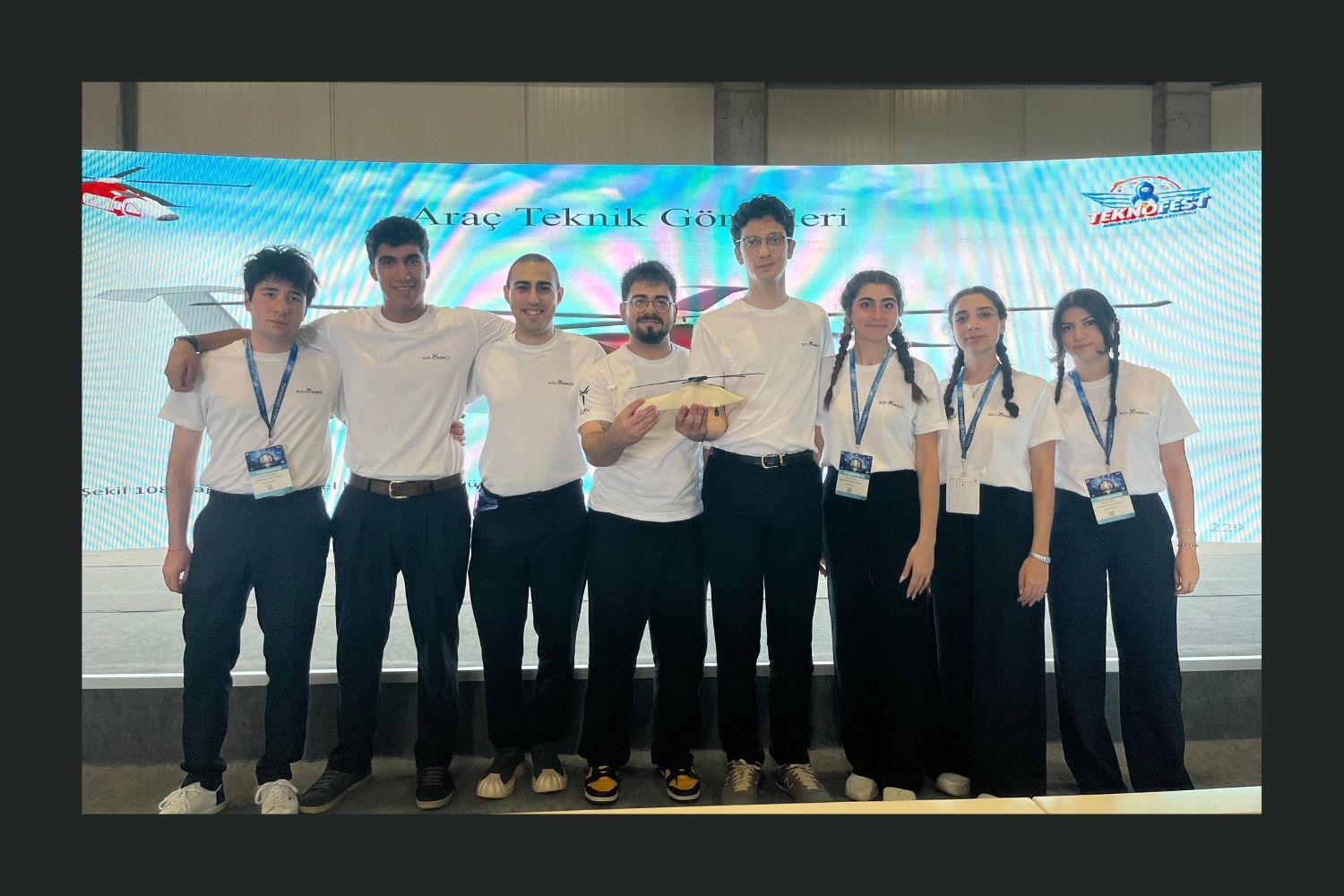
‘Çalıkuşu’ is the winner
Students of Izmir University of Economics (IUE) won first place in the Helicopter Design Competition organized within the scope of ...
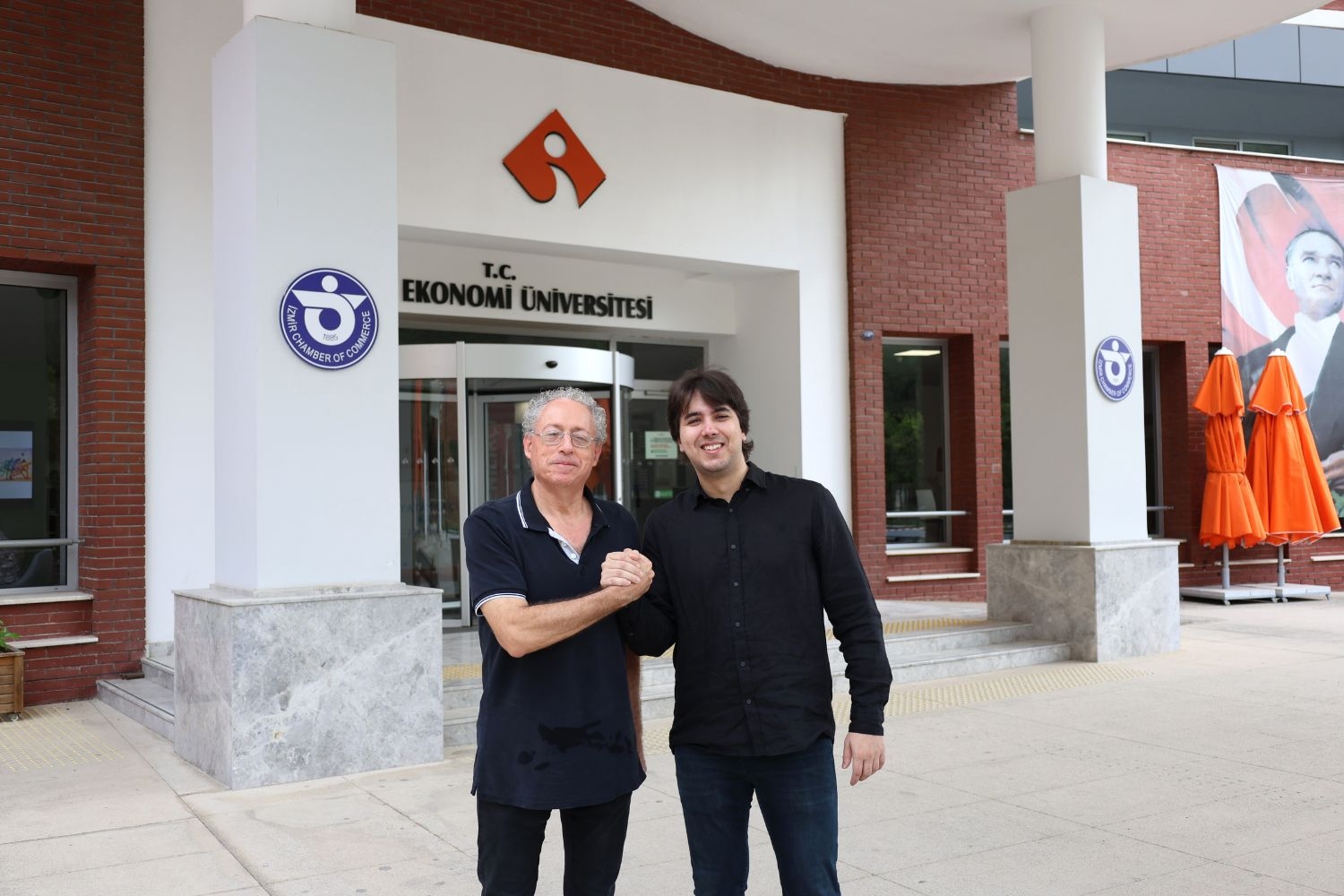
Space Education in England
Burak Köse, a graduate of the Department of Aerospace Engineering at Izmir University of Economics (IUE), has been accepted for ...



